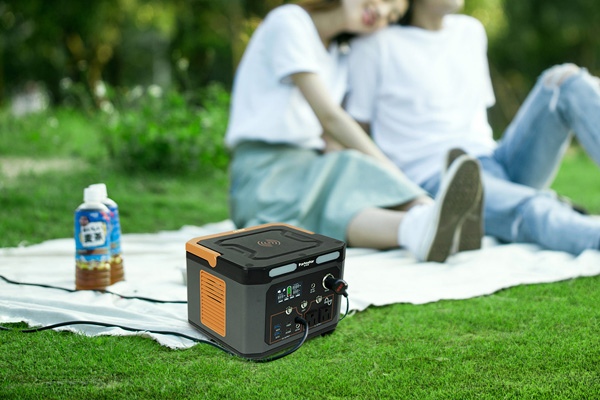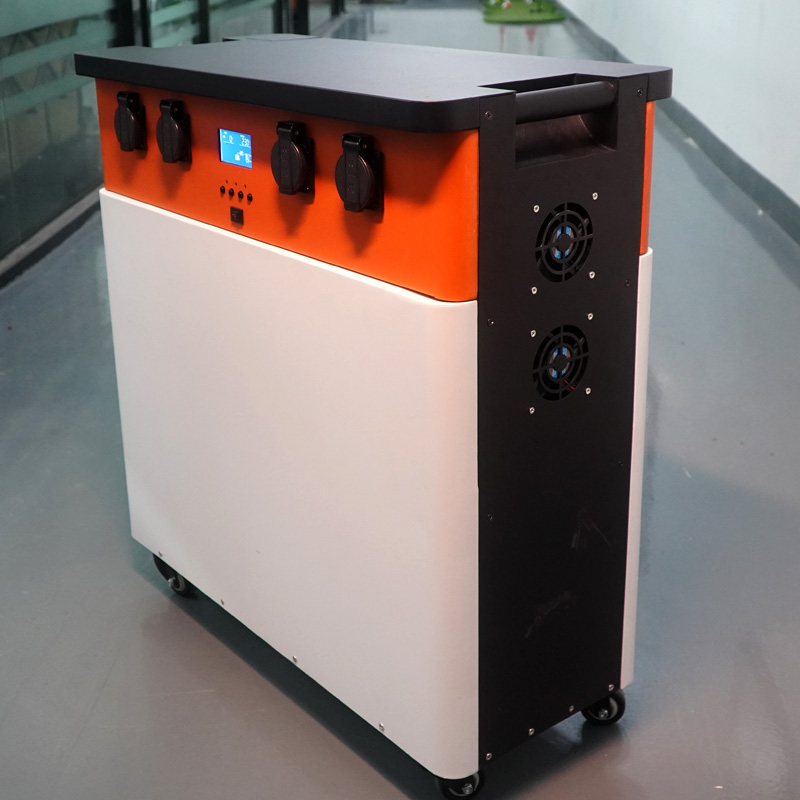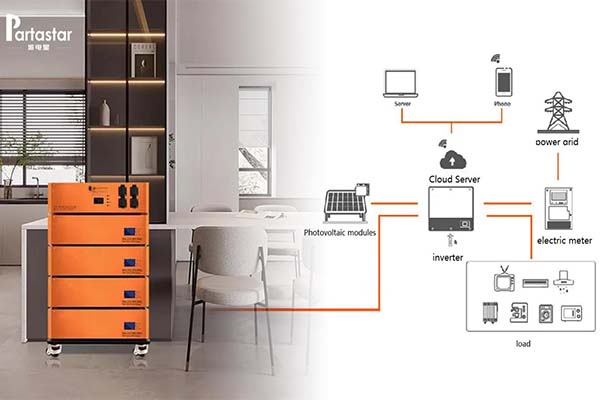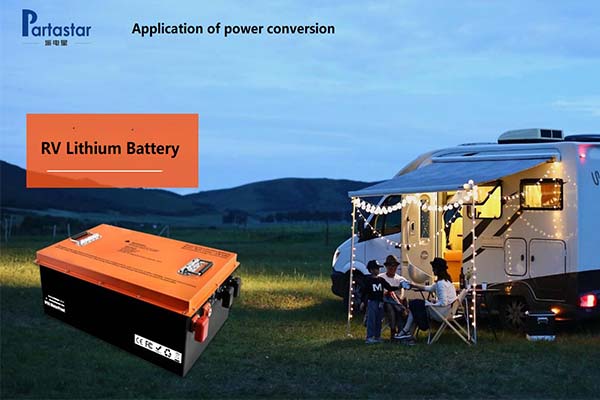Portable power supplies have become an essential tool for people who are always on the go, whether it's for outdoor activities, emergencies, or remote work. They provide a reliable source of power for our devices and appliances, allowing us to stay connected and productive wherever we are. However, choosing the right portable power supply can be challenging, especially when it comes to power sources. In this article, we'll compare solar-powered and fuel-based portable power supplies and help you choose the best option based on your needs and preferences.
Solar-Powered Portable Power Supplies:
Solar-powered portable power supplies use solar panels to convert sunlight into electrical energy, which is stored in the battery for later use. They are environmentally friendly, cost-effective, and can be used in remote areas where there is no access to electricity. However, they are dependent on sunlight, which means they may not be suitable for use in areas with limited sunlight or during cloudy days.
Advantages of Solar-Powered Portable Power Supplies:
1. Environmentally friendly: Solar-powered portable power supplies are environmentally friendly, as they don't emit any pollutants or greenhouse gases.
2. Cost-effective: Solar-powered portable power supplies are cost-effective, as they don't require any fuel or electricity to operate. Once you've purchased the solar panel and the power supply, you can use them for free.
3. Easy to use: Solar-powered portable power supplies are easy to use, as they require minimal maintenance and setup. All you need to do is set up the solar panel and connect it to the power supply, and you're ready to go.

Disadvantages of Solar-Powered Portable Power Supplies:
1. Dependent on sunlight: Solar-powered portable power supplies are dependent on sunlight, which means they may not be suitable for use in areas with limited sunlight or during cloudy days.
2. Slow charging time: Solar-powered portable power supplies have a slow charging time, as it can take several hours to fully charge the battery using solar panels.
3. Limited capacity: Solar-powered portable power supplies have a limited capacity, as the battery can only store a certain amount of energy.
Fuel-Based Portable Power Supplies:
Fuel-based portable power supplies use fossil fuels like gasoline or propane to generate electrical energy. They are reliable, powerful, and can be used in any weather conditions. However, they are not environmentally friendly and can be expensive to operate in the long run.
Advantages of Fuel-Based Portable Power Supplies:
1. Reliable: Fuel-based portable power supplies are reliable, as they can generate electrical energy regardless of weather conditions or sunlight.
2. Powerful: Fuel-based portable power supplies are powerful, as they can generate a large amount of electrical energy and can power appliances like fridges or power tools.
3. Fast charging time: Fuel-based portable power supplies have a fast charging time, as they can be charged using gasoline or propane in a matter of minutes.
Disadvantages of Fuel-Based Portable Power Supplies:
1. Not environmentally friendly: Fuel-based portable power supplies are not environmentally friendly, as they emit pollutants and greenhouse gases.
2. Expensive to operate: Fuel-based portable power supplies can be expensive to operate in the long run, as they require fuel to operate.
3. Heavy and bulky: Fuel-based portable power supplies are heavy and bulky, as they require a large fuel tank to generate electrical energy.
Choosing the best portable power supply depends on your needs and preferences. Solar-powered portable power supplies are environmentally friendly and cost-effective, but they are dependent on sunlight and have a slow charging time. Fuel-based portable power supplies are reliable and powerful, but they are not environmentally friendly and can be expensive to operate in the long run. Consider the advantages and disadvantages of each type of power supply and choose the one that best fits your needs.



